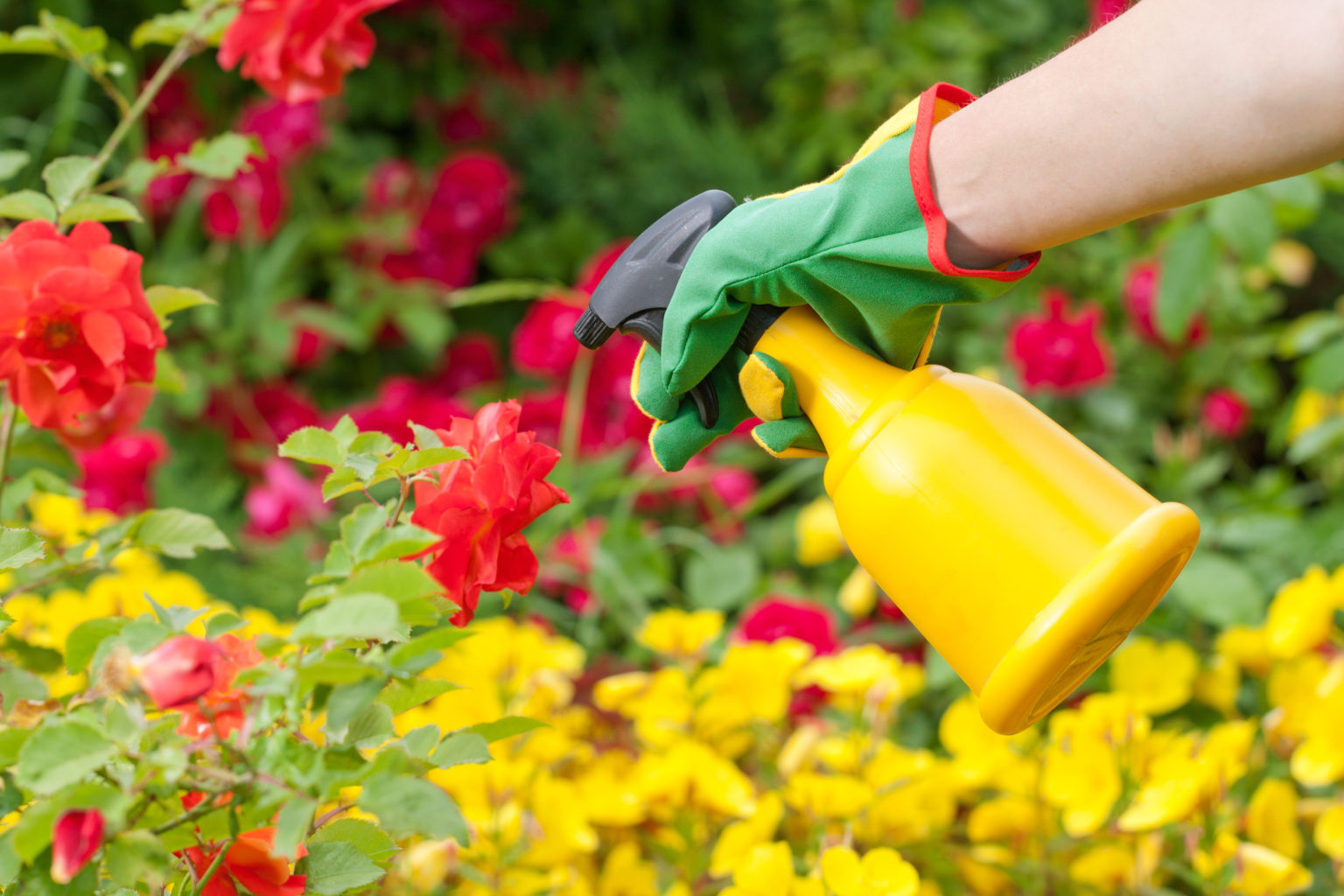Spring Cleaning Tips to Protect the Youngest and Oldest Family Members from Accidental Poisoning

March 17 – 23, 2019 is National Poison Prevention Week. This event has been held annually since 1961 to raise awareness of the dangers of unintentional poisoning from substances and environmental hazards.
According to the American Association of Poison Control Centers, each year more than 2 million poisonings are reported to the nation’s poison centers—and 90 percent of these happen at home. While most of these poisonings involve children, the majority of poisonings that prove fatal occur among adults, many of them seniors with dementia.
During National Poison Prevention Week, the U.S. Health Resources & Services Administration (HRSA) seeks to raise awareness of the Poison Help line, 1-800-222-1222, where families can call if they believe a loved one has ingested a poisonous substance. Local poison control centers host special gatherings where people can learn more about the dangers of potentially poisonous medicines and chemicals and the importance of keeping these substances out of reach of vulnerable family members.
Spring cleaning or getting your garden in shape? Poison Help reminds us to take precautions to keep our families safe:
- Keep poisons in the containers they came in. Do not use food containers (such as cups or bottles) to store household cleaners and other chemicals or products. These should be stored away from food.
- Read and follow the directions for use of products and their disposal. Do this before using the products. Follow the advice carefully and never mix chemicals or household cleaners or detergents. Doing so can create a poisonous gas.
- Turn on fans and open windows when using chemicals or household cleaners, and never sniff containers to see what is inside.
- When spraying chemicals, direct spray nozzle away from people and pets.
- Chemicals can burn the skin. Drain openers, toilet cleaners, rust removers, and oven cleaners can cause such burns.
- Liquids made from petroleum, such as gasoline, kerosene, charcoal lighter fluid, paint thinner, baby oil, lamp oil, and furniture polish, are poisonous. If these items are swallowed, they can easily get into the lungs. Even a small amount can cause breathing problems. The liquid coats the inside of the lungs and prevents oxygen from entering the blood stream.
In the garden…
- Many garden chemicals are poisonous if swallowed or inhaled by children and adults.
- Pesticides (pest killers) can be taken in through the skin or inhaled and can be extremely poisonous. Not even leather shoes and gloves offer full protection. Stay away from areas that have been sprayed until the spray has dried or for at least one hour.
- Wear protective clothing when using bug spray or other spray products. Put on a long-sleeve shirt, long pants, socks, shoes, and gloves. Remove and wash clothing after using chemicals.
- If pesticides are splashed onto the skin, rinse with running water for 15 to 20 minutes. If pesticide contacts clothing, take off the clothing before rinsing skin.
All year long, keep medications and cleaning products out of the reach of children and loved ones with dementia. Remember, if you or someone you know may have been poisoned, call the toll-free Poison Help line right away at 1-800-1222. If the person is not breathing, call 911.
Source: IlluminAge AgeWise reporting on materials from HRSA Poison Help. Visit the Poison Prevention Week website to learn about events in your area, and to find poison prevention tips for every season.
![Health Concepts [logo]](https://healthconceptsltd.com/wp-content/themes/healthconcepts-corporate/images/logo.png)
